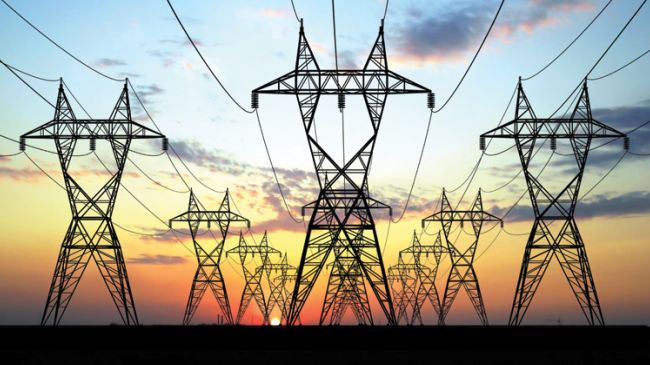
Power Bill Savings Of Hundreds Of Dollars A Year On Smart Grid Link
Power is a major talking point in the South of the continent with South Australia now set to get a third review into the statewide power blackout. The state government Tuesday announcing an inquiry to be led by a former state police commissioner.
The review comes as it is likely to be another week before power is re-connected to some large industrial users, such as BHP Billiton's Olympic Dam project in the state's north, where the mine is on care and maintenance. Meanwhile a report in the Herald Sun claims this week that the closure of the Latrobe valley’s four coal-fired power plants would be a $1.7 billion blow to Victoria’s economy.
Over to the Canberra Times which reports hundreds of dollars could be shaved off the household electricity bill by actively using smart technologies linked with demand-based grid tariffs which could at the same time slash billions of dollars in cross subsidies and network upgrades.
Estimates released on Tuesday argue that the grid portion of the electricity bill, which can comprise half the total bill in some areas, could be cut 10 per cent over the next decade by shifting to demand-based tariffs with ongoing savings in subsequent decades. At the same time there would be savings running into billions of dollars thanks to the elimination of cross subsidies as well billions in savings from the need to upgrade power networks.
"To create a platform for a smarter, more integrated grid, Australia will need a faster implementation of demand based tariffs and the timely use of smart meters," said John Bradley, Chief Executive of the Energy Networks Association.
The Estimates reveal what we’ve been reporting at the Fiftyup Club for some time that the family annual electricity bill could be slashed by as much as $600 to around $1600 if households actively embrace rooftop solar and battery systems as well as move to demand-based network pricing. At present, network charges are based on the volume of usage, not when. For single households or retirees, the savings could run at around $400 a year, cutting the annual bill to around $1100.
Mr Bradley went on to say “If network companies are able to buy energy from household solar-storage systems at times of high demand, this could slash $16.2 billion off future network spending while lowering network charges by around 30 per cent. By moving quickly to embrace the emerging disruption from battery storage systems when linked with solar systems, this could slash billions off future spending by industry resulting in significant savings for households”.

